Archive/Counter-Archive is proud to host various Postdoctoral Researchers. Read more about them and their activities below.
Current Postdoctoral Researchers
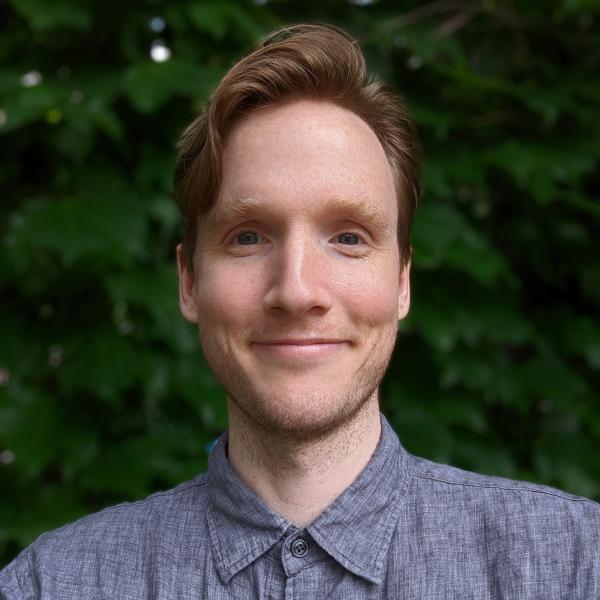
Andrew Bailey
Andrew Bailey is a Mitacs Accelerate Postdoctoral Fellow with Archive/Counter-Archive and the York University Cinema & Media Arts Department. He recently earned his Ph.D. in Art History and Visual Culture at York University with a dissertation focused on formalism and videogame art. Andrew currently teaches game studies and new media art history in the Faculty of Arts and Science at OCAD University. Previously, Andrew has also acted as the Section Head of Essays for First Person Scholar (The Games Institute/the University of Waterloo) and Co-Vice Editor for Press Start Journal (the University of Glasgow). His writing has been published in the Videogame Art Reader, Critical Distance, Loading: The Journal of the Canadian Game Studies Association, and Metacritic Journal for Comparative Studies and Literature, and has upcoming chapters in edited collections from Routledge, Taylor & Francis, and Louisana University Press.
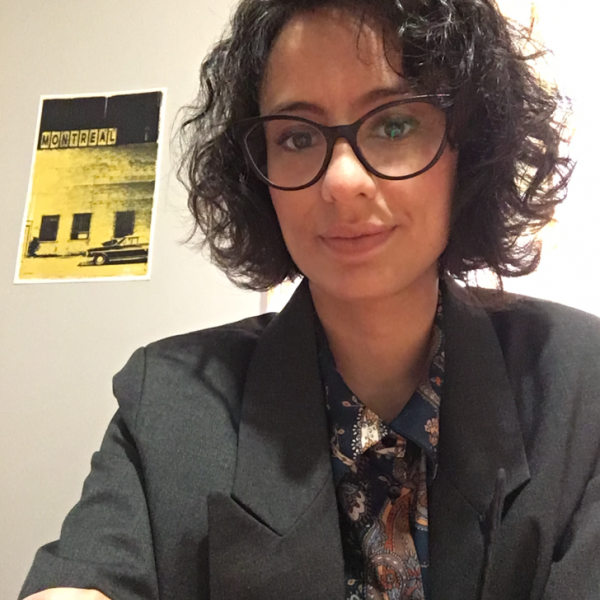
Ylenia Olibet
Ylenia Olibet is a Postdoctoral Fellow at McGill University currently conducting a research project on francophone women's film festivals and the geopolitics of feminism. Her doctoral dissertation focused on contemporary feminist film culture in Québec from a transnational perspective. She has conducted research with grassroots- based media organizers and archivists. She has written one article on the Archive/Counter-Archive’s case study Groupe Intervention Vidéo (GIV), published in Feminist Media Studies, on the organization’s adaptation to digital dissemination. In collaboration with Dr. Alanna Thain, she also thoroughly researched GIV’s event Vidéos de Femmes dans le Parc (VFP), publishing a co-authored chapter on VFP’s move online during the pandemic. Another article on GIV’s curatorial practices for VFP, written with Dr. Dyana McLeod and Dr. Alanna Thain, is upcoming in Feminist Media Histories. Ylenia’s research is supported by the Fonds de recherche du Québec - Société et Culture.

Mikhel Proulx
Mikhel Proulx is a historian of contemporary Canadian art and digital culture. He is the Fonds de recherche du Québec Société et culture (FRQSC) Postdoctoral Fellow in the Vulnerable Media Lab in the Department of Film and Media at Queen’s University.
Mikhel recently defended his doctoral dissertation—a study of network-based art by Canadian women—which was awarded the 2022 Leonardo Journal top thesis prize. His research considers network culture from queer-feminist and settler-colonial perspectives, and has recently been presented at the Congress of the Humanities and Social Sciences (Toronto), Yale University (New Haven), Foundation PHI (Montreal), MediaArtHistories (Venice), Goldsmith’s College (London), and the New Museum of Contemporary Art (New York City).
In recent projects, Mikhel has collaborated with the artists Margaret Dragu, Anna Boghiguian, Vera Frenkel, Anna Banana, Rita McKeough, and Skawennati.
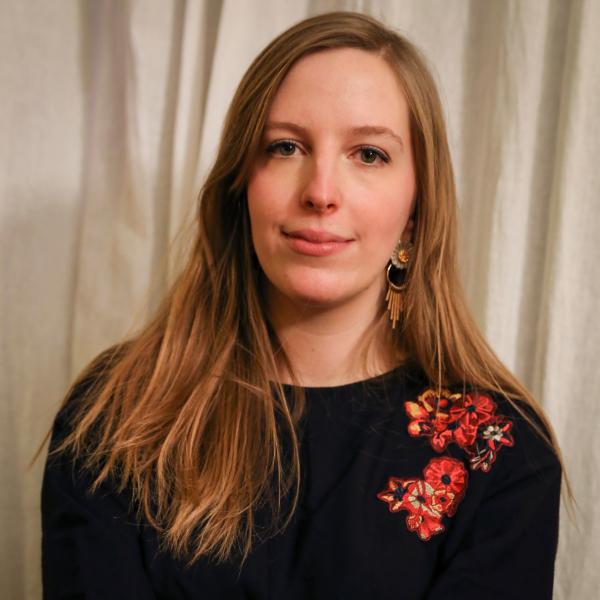
Lola Rémy
Lola Remy is an FRQSC postdoctoral fellow at McGill University, Montreal. She completed her PhD at Concordia University in the Mel Hoppenheim School of Cinema. Her project is an oral history that recentres women’s affective and gendered labour in experimental film archives. Her work on archives as sites of cultural encounters, racial and gendered violence, and reappropriation by communities and artists has appeared or is forthcoming in NECSUS European Journal of Media Studies, Frames Cinema Journal, Journal of Film and Video, and Synoptique, An Online Journal of Film and Moving Image Studies.
Past Postdoctoral Researchers
Lani Akande
Lani's interests include the decolonization and de-Westernization of how we study film and media, and in the politics of representation.

Ryan Conrad
Ryan Conrad is Adjunct Research Faculty at the Feminist Institute for Social Transformation at Carleton University and previously held a SSHRC postdoctoral fellowship with Archive/Counter-Archive from 2019-2022. He is currently working on his manuscript entitled Radical VIHsion: Canadian AIDS Film & Video. He holds a PhD in Cultural Studies from Concordia University and an MFA from Maine College of Art. He is an active film and video maker.

Antoine Damiens
Dr. Antoine Damiens was a MITACS Post-doctoral Fellow at York University. He holds a PhD in Film and Moving Image Studies from Concordia University. His first book LGBTQ Film Festivals: Curating Queerness, was recently published with Amsterdam University Press (2020). Antoine Damiens's research examines the cultural impact of LGBTQ film festivals, the role played by research-creation and research-curation in academic knowledge production, and the differences between Canadian and French modes of queerness. Antoine Damiens co-chairs the Feminist and Queer Research Workgroup within the European Network for Cinema and Media Studies (NECS) and co-edits the Film festivals reviews section of the journal NECSUS.
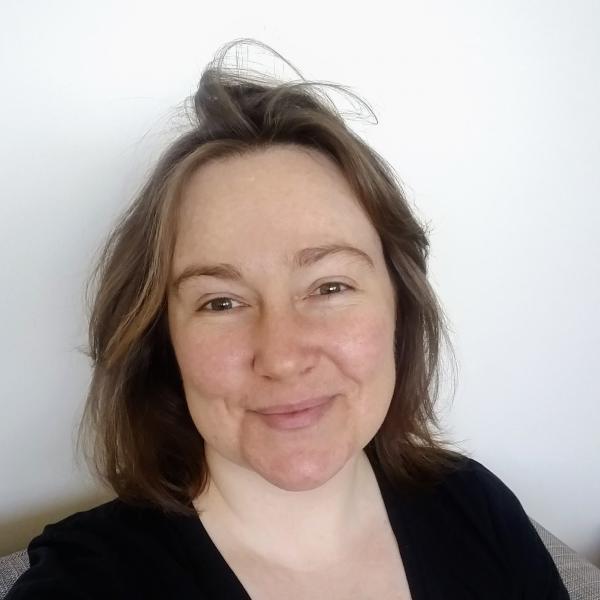
Anjo-marí Gouws
Anjo-marí Gouws is a SSHRC Postdoctoral Fellow in the Department of Cinema and Media Arts at York University in Toronto. Her current project, Personal Clutter: The Diary as Domestic Archive, 1960-1980, is a continuation of her interest in women’s work, feminist archives, and forms of personal documentation. She is also writing a monograph on experimental filmmaker Anne Charlotte Robertson.

Philipp Dominik Keidl
Philipp Dominik Keidl is Assistant Professor of Screen Media in Transition in the Department of Media and Culture Studies at Utrecht University. He was a postdoctoral fellow in the Graduate Research Training Program “Configurations of Film” at Goethe University from 2019 to 2022. His research on fandom, media and material culture, and film heritage has been published in journals including JCSM: Journal of Cinema and Media Studies, Journal of Popular Culture, Film Criticism, The Moving Image, and American Behavioral Scientist. Philipp has also co-edited volumes on film archiving, the COVID-19 pandemic, and history-making as fan practice.
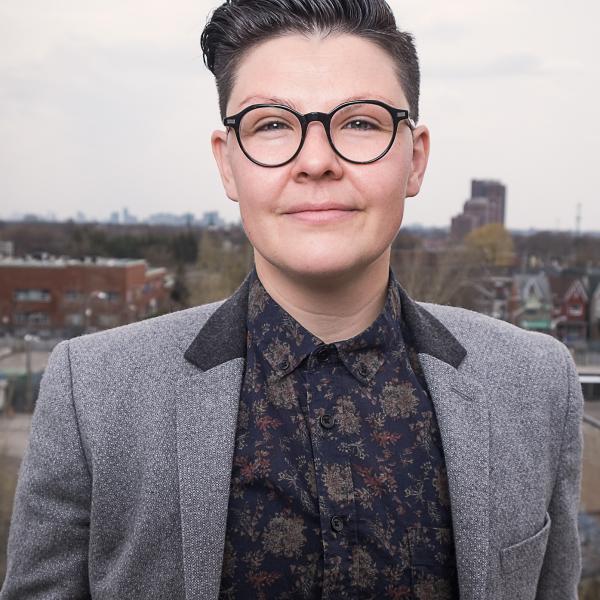
Tamara de Szegheo Lang
Tamara de Szegheo Lang is Project Manager of the Vulnerable Media Lab and Adjunct Assistant Professor in the Department of Film and Media at Queen’s University. She holds a doctorate in Gender, Feminist, and Women’s Studies from York University. Dr. de Szegheo Lang’s research takes up queer history, community-based archives, visual culture, and the affective relationships between LGBT2Q people and the past. Her publications have appeared in the Journal of the Canadian Historical Association, the Journal of Lesbian Studies, and the Journal of Homosexuality. Dr. de Szegheo Lang is also active in curatorial and programming roles. She is a member of the programming committee for the Reelout Queer Film Festival in Kingston, a co-programmer of the Born in Frames Screening Series at Queen’s University, and past curatorial committee co-chair of the Canadian Lesbian and Gay Archives.
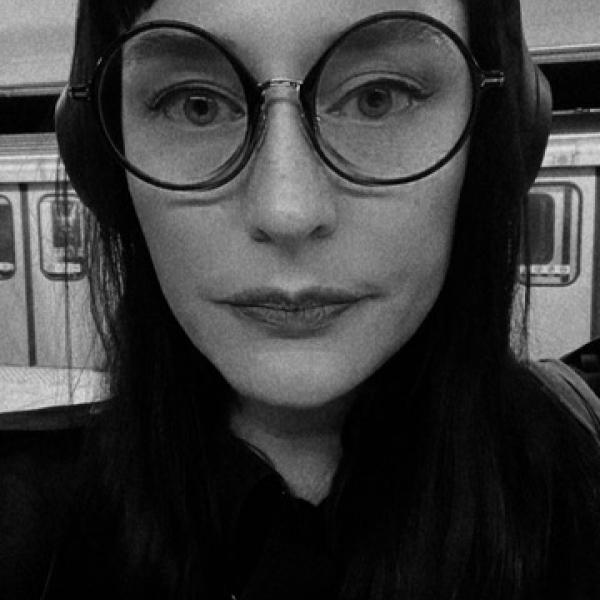
Julia Polyck-O'Neill
Julia Polyck-O’Neill (she/they) is an artist, curator, critic, poet, and writer. She is currently a Social Sciences and Humanities Research Council (SSHRC) Postdoctoral Fellow in the department of Visual Art and Art History and the Sensorium Centre for Digital Arts and Technology at York University (Toronto) where she studies digital, feminist approaches to interdisciplinary artists’ archives, and is the incoming 2023-25 Michael Ridley Postdoctoral Fellow at the University of Guelph. She is a postdoctoral affiliate of the Archive/Counter- Archive Project, a member of the Feminist Media Studio, and a Research Associate with the Robarts Centre for Canadian Studies at York. Her writing has been published in Zeitschrift für Ästhetik und Allgemeine Kunstwissenschaft (The Journal for Aesthetics and General Art History), English Studies in Canada, DeGruyter Open Cultural Studies, BC Studies, Canadian Literature, and other places. Her four poetry chapbooks include Material (Model Press), and Everything will be taken away (above/ground press).
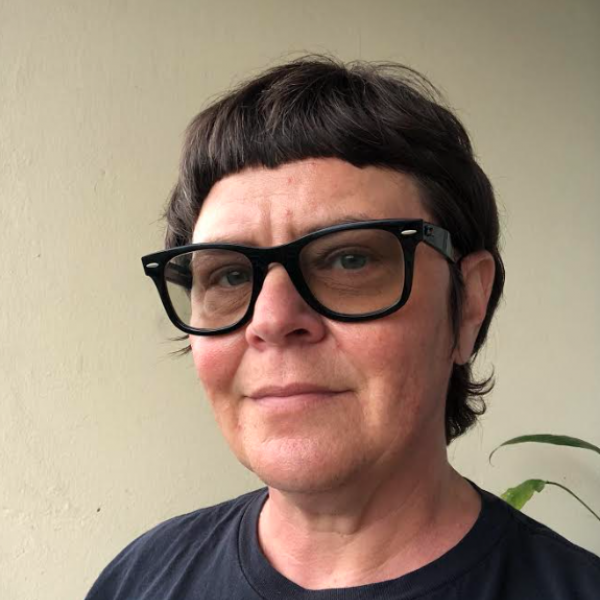
Schem Rogerson Bader
After completing a Mitacs Postdoctoral Fellow with Archive/Counter and the ArQuives, Schem was awarded a SSHRC Connections grant for "Indexing Resistance: The Blood & Guts of Queer Protest in Canada." The grant funded a two-day symposium with artists, academics, and archivists from across Canada and a month-long exhibition at the plumb. Currently, Schem is working with Liz Fitting from Dalhousie University on a SSHRC funded project titled “Making the Archive: Coming Out During the AIDS Crisis." A chapter length interview with Andy Fabo discussing the bathhouse raids, art and culture is set to be published in Counter-Histories for Concordia Press.

Hannah Spaulding
Hannah Spaulding’s research examines histories of media and technologies in the home, with a specific focus on issues of gender, discourse, and domesticity. Her dissertation analyzed fantasies and practices of interactive television from 1960 to 1990, tracing the relationships between technological change, family life, and visions of domestic futures. Her current research explores a history of surveillance technologies in the home. Working from an explicitly feminist and media historical perspective, she examines the imbrication of such devices (baby monitors, closed-circuit television, burglar alarms, etc.) with discourses of security, practices of care, and possibilities of pleasure that shape understandings and expectations of domestic everyday life.

